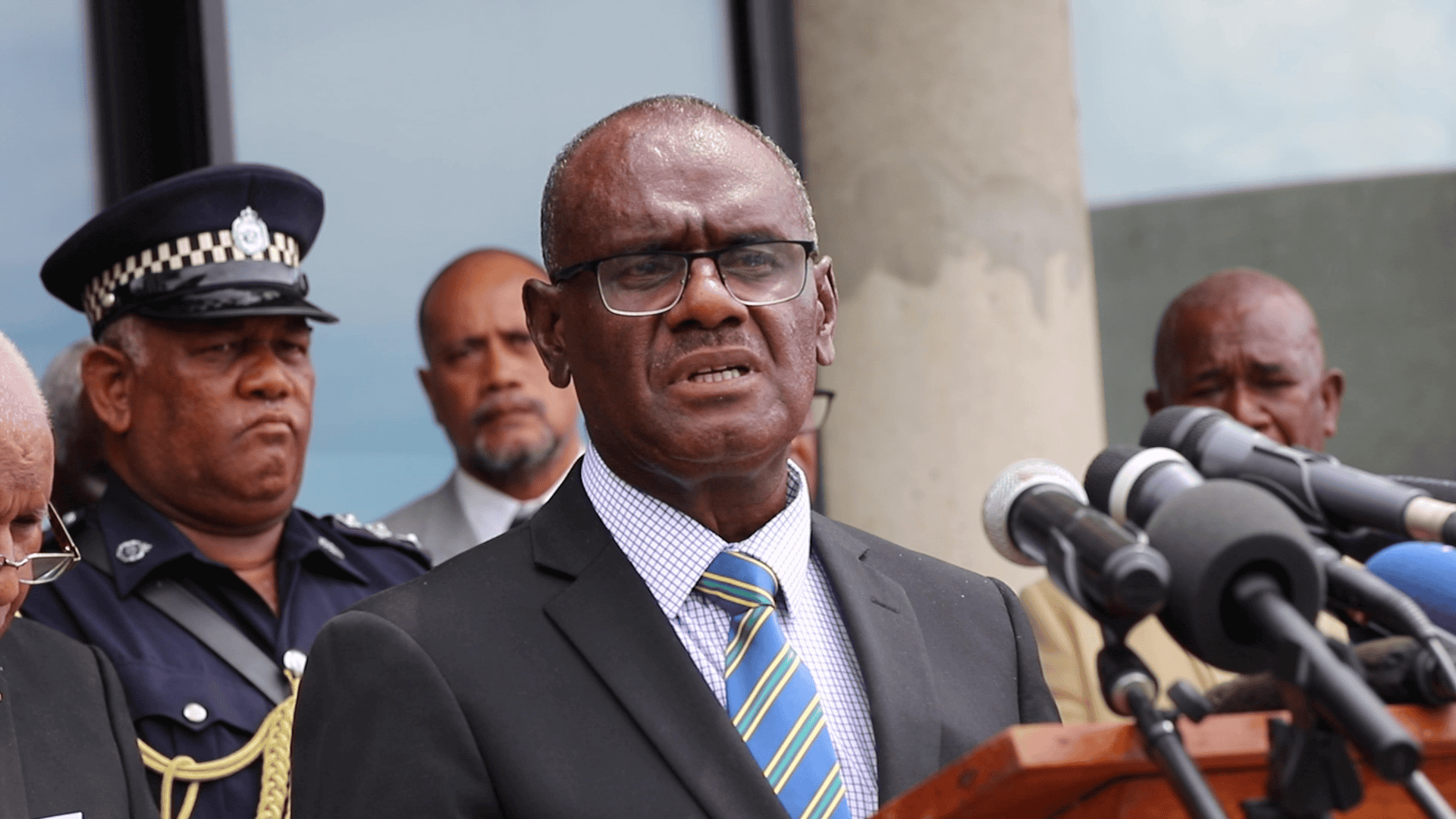It was perhaps the most watched and closely observed elections to have taken place within the Pacific region in the last decade.
As voters in Solomon Islands went to the polls on 17 April 2024, the world’s two superpowers—the United States and China, plus their allies—watched with much anxiety.
At the center of attention was Manasseh Sogavare – the outgoing Solomon Islands Prime Minister who made international headlines when he switched his country’s diplomatic ties from Taiwan . . .
Please Subscribe to view full content...
